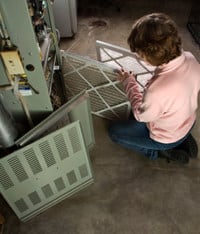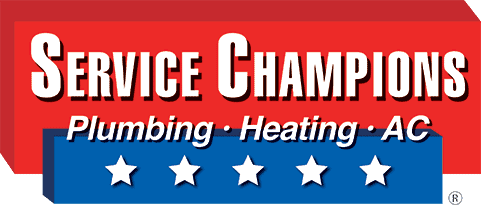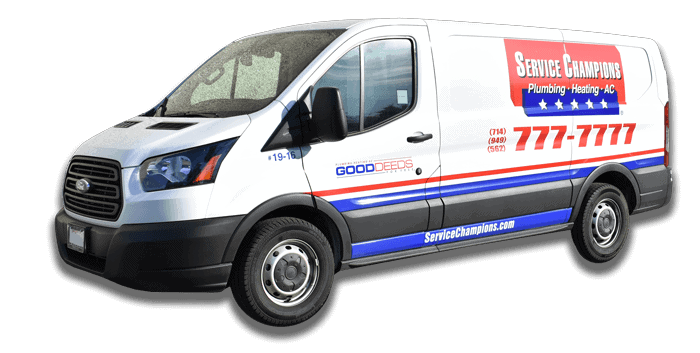A Home Air Filter Buying Guide for Your HVAC System
There are many different types, brands, shapes and sizes of home air filters. If you don’t know what you are looking

for, surveying your options can be confusing and overwhelming. We’ve compiled a list of the types of home air filters on the market with a short list of pros and cons for each one. As always, feel free to ask our experts any questions you have.
Panel Air Filters
Panel air filters can be made of a variety of materials, including fiberglass and synthetic fibers. They are the traditional disposable air filters found in many home HVAC systems. They are 1-2 inches thick and designed to protect your heater and air conditioner by removing larger dust particles from your home’s air. However, they are not capable of improving your indoor air quality by removing airborne pollutants that cause health problems
- Pros: Inexpensive, available almost anywhere
- Cons: Inefficient, allows most air pollutants through
Pleated Air Filters
Pleated filters come in a variety of sizes from the basic 1 or 2-inch width to more efficient, deep-pleated filters with 5 and 6-inch widths. According to the Environmental Protection Agency (EPA), pleated filters are generally more efficient in capturing smaller harmful airborne particles than non-pleated home air filters.
- Pros: Can be very efficient, with MERV ratings of 5-12, found at any hardware stores, great for allergy sufferers, pleated design increases usable lifespan
- Cons: Deeper pleated filters may require modification to your HVAC system, slightly more expensive than panel air filters
Electrostatic Air Filters
Electrostatic air filters consist of electronically charged fibers that are designed to “magnetically” draw air pollutants out of the air. Many electrostatic air filters are washable and can last for years if used correctly. However, there are numerous different designs available, and they are not all equally effective.
- Pros: Long lifespan, less waste, more efficient than traditional panel filters
- Cons: Must be regularly cleaned and maintained, wide variety of designs with vastly differing efficiencies.
Electronic Air Filters
Electronic air filters are different from electrostatic air filters in that they require electricity to operate. Electronic air filters are installed in your home’s existing HVAC system and use electronic charges to collect and remove even very small airborne particles. However, not all are created equal. Some electronic air filters have been shown to emit ozone, which can be harmful. We recommend the Bioguard Powered Filter because it has no ozone emissions.
- Pros: Very efficient at removing small particles, lasts for many years, very little restriction to airflow, good for allergy and asthma sufferers
- Cons: Higher initial cost, best if used in conjunction with panel or other filter.
Armed with this useful information, it will be easier to decide on and find the air filter that fits your needs and HVAC system.
For more information on choosing the best home air filter for your Southern California home, contact Service Champions online or call 800-481-9949.

